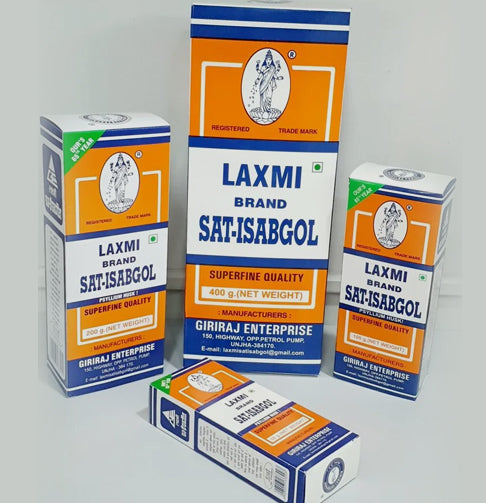Psyllium Husk – Can It Help Lower Cholesterol And Constipation?

Psyllium husk, or ispaghula, is the generic name used for many members of the gramineous plant family, Plantago. Psyllium is primarily used as an edible fiber in the form of flakes to relieve the symptoms of diarrhea and constipation, and sometimes as a sugar substitute. It is also commonly added to other foods, such as granola and smoothies, to provide the sweet taste some people crave when eating smoothies.
Besides its typical uses as a fiber, psyllium husk is also known for its water-soluble fiber content. Psyllium acts as an electrolyte and absorbs water. This provides important benefits to your digestive system because excess water in the digestive tract causes toxins to build up and cause illness. High water levels in the intestines may contribute to irritable bowel syndrome (IBS), a condition that is characterized by abdominal pain, bloating, diarrhea, gas, constipation, or other gastrointestinal symptoms. Other studies have shown that psyllium husk has significant antibiotic and digestive health benefits.
Constipation is a leading cause of straining and loss of weight in many people. The water-soluble fiber in the psyllium husk acts as an electrolyte and takes the pressure off the colon while helping to move waste through the system. Many experts believe that constipation is partially caused by a lack of fiber in the diet. Therefore, a fiber supplement may help you avoid constipation by supplying your body with the nutrients it needs to function properly.
Another common question about Psyllium Husk and IBS is its effect on cholesterol levels. There are several reasons why fiber should have a positive impact on cholesterol. First, there are no fats or oils to be absorbed into the digestive tract, so no additional calories are consumed. Second, fiber tends to improve the intestinal lining and may strengthen the walls of the intestines. Finally, because psyllium husk contains lots of short-chain fatty acids, it may inhibit the absorption of cholesterol in the digestive system. There are no studies, however, linking Psyllium Husk to heart disease.
In addition to helping lower cholesterol levels, Psyllium Husk has other potential health benefits. Its fiber content helps increase the number of good bacteria in the digestive system. It can also help prevent food allergies and allergic reactions, a condition known as “leaky gut.” High levels of inflammation have been associated with a number of health problems, including IBS, constipation, and IBS-like symptoms such as nausea and diarrhea. Psyllium Husk can help control and lower these symptoms. Since inflammation is tied to IBS, the combination of the fiber from Psyllium Husk and the anti-inflammatory effect of L-glutamine can help patients of IBS manage their chronic stomach pain.
While psyllium husk does not replace certain vitamins and minerals that are lost when taking probiotics or other natural supplements, it is still an effective supplement for many people. For instance, because it is a high source of dietary fiber, taking psyllium husk may help someone lose weight. However, anyone considering taking psyllium husk should be sure to discuss the product with their doctor first. Even though it is considered a safe and natural supplement, taking any nutritional supplement can not be guaranteed. Before starting a regimen of any supplement, it is important to talk to a healthcare provider.
About Author

Mihir Shah is the Chairman of Giriraj Enterprise, a leading manufacturer and exporter of Psyllium Husk. With over 19 years of experience at Giriraj Enterprise as CEO, Mihir has played a pivotal role in shaping the organization’s long-term vision and operational strategy. His efforts are focused on driving business development, ensuring the company maintains its commitment to quality and innovation in the marketplace.
Founded in 1954 by Late Shri Madhavlal Shah and later led by Mr. Anil Bhai and Mihir Shah, Giriraj Enterprise has become one of the most renowned names in the Psyllium Husk industry, known for its brand Laxmi Sat Isabgol. The company’s state-of-the-art infrastructure and in-house research lab ensure the delivery of superior products, with certifications like ISO, GMP, and SGS. Under Mihir's leadership, Giriraj Enterprise continues to lead the industry with high-quality products and a strong global presence.




